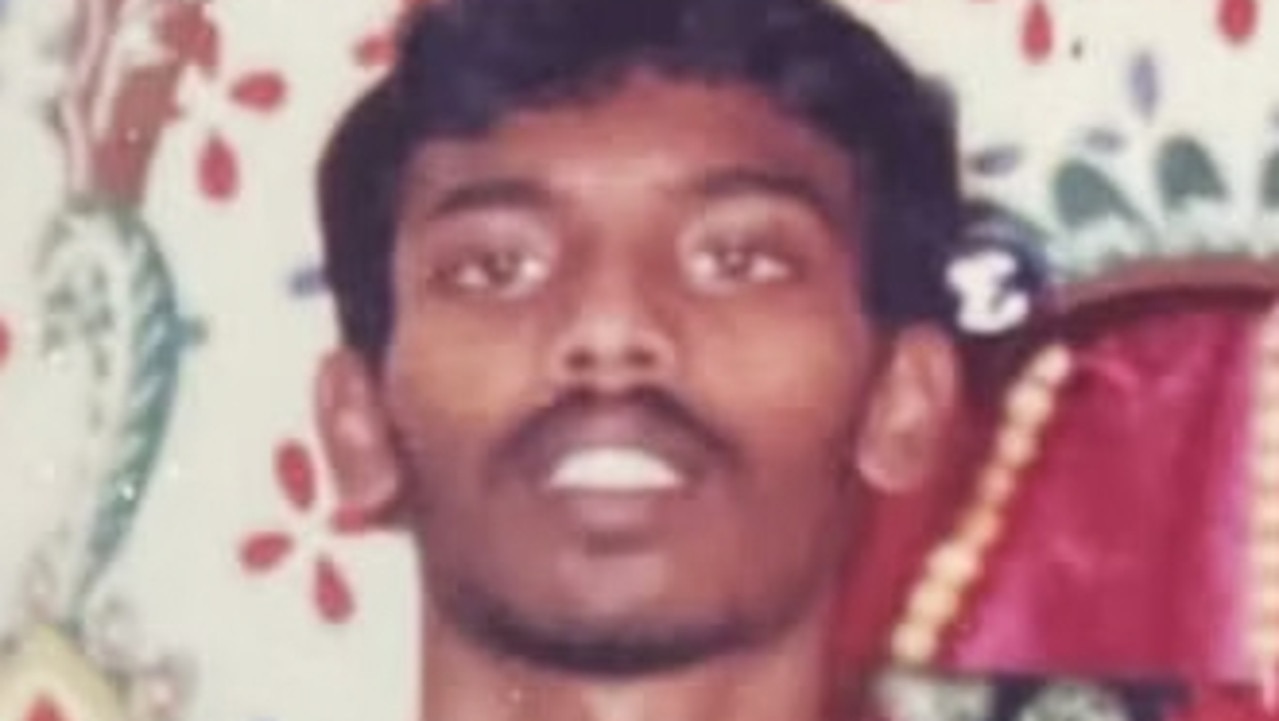[ad_1] Singapore has put a man to death for conspiring to smuggle just one kilo of cannabis into the country despite fierce global backlash.Singapor
[ad_1]
Singapore has put a man to death for conspiring to smuggle just one kilo of cannabis into the country despite fierce global backlash.
Singapore Prison Service confirmed that Singaporean Tamil national Tangaraju Suppiah was executed at Changi Prison Complex on Wednesday, in line with Singapore’s notoriously harsh stance on drugs.
Tangaraju first received the death sentence in 2018 for “abetting the trafficking of more than one kilogram (1017.9g) of cannabis,” – more than double the 500g threshold which allows the death penalty to be applied in Singapore – according to a statement from the Central Narcotics Bureau (CNB).
It was also found that the 46-year-old had been communicating with two other men over the phone in an attempt to smuggle cannabis into the city-state.
“Tangaraju was accorded full due process under the law and had access to legal counsel throughout the process,” CNB’s statement said, adding capital punishment was “part of Singapore’s comprehensive harm prevention strategy”.
Over the years, appeals against the sentence had failed, and Tangaraju’s sister Leelavathy Suppiah has since confirmed to CNN that her brother had been hanged and that the family had been given an official death certificate.
“Even from inside prison, he wanted to fight for his innocence,” she told CNN.
“He believed that there would be a fair trial and wanted to prove his innocence – every step of the way.”
A statement shared by human rights organisation Amnesty International in the wake of Tangaraju’s death declared the killing “unlawful”, claiming proceedings “violated international human rights law and standards” and that he was “denied access to (a) lawyer and interpreter during police questioning”.
“This unlawful execution shows yet again the staggering failure of Singapore’s stubborn embrace of the death penalty,” Amnesty International’s deputy regional director Ming Yu Hah said.
“The many flaws in the case, from lack of access to legal counsel and of interpretation from the point of arrest to the lack of disclosure of key evidence from the prosecution, as well as the continued reliance on the mandatory death penalty renders this execution arbitrary under international human rights law.
“The country’s highly repressive drug control law includes the mandatory death penalty, which means that judges are not allowed to take into consideration possible mitigating circumstances at sentencing, including circumstances of the crime, background of the defendant or other factors relevant to the case.
“This is a punishment that Singapore’s neighbour Malaysia is in the process of fully abolishing to advance the protection of the right to life.
“Singapore’s punitive drug policies have failed not only to tackle the use and availability of drugs in the country, but also failed to offer effective protection from drug-related harm.
“The government of Singapore must take note of the growing trend around the world towards abandoning the death penalty and act accordingly, first by establishing an official moratorium on all executions, then moving towards full abolition.”
Singapore’s brutal stance on drugs contrasts sharply with other nations in the region, with Thailand decriminalising cannabis in 2022 and Malaysia moving to scrap mandatory death penalties and lifelong imprisonment for drug offences.
Meanwhile, Singapore carried out 11 executions in 2022, all for drug-related offences.
[ad_2]
Source link



COMMENTS